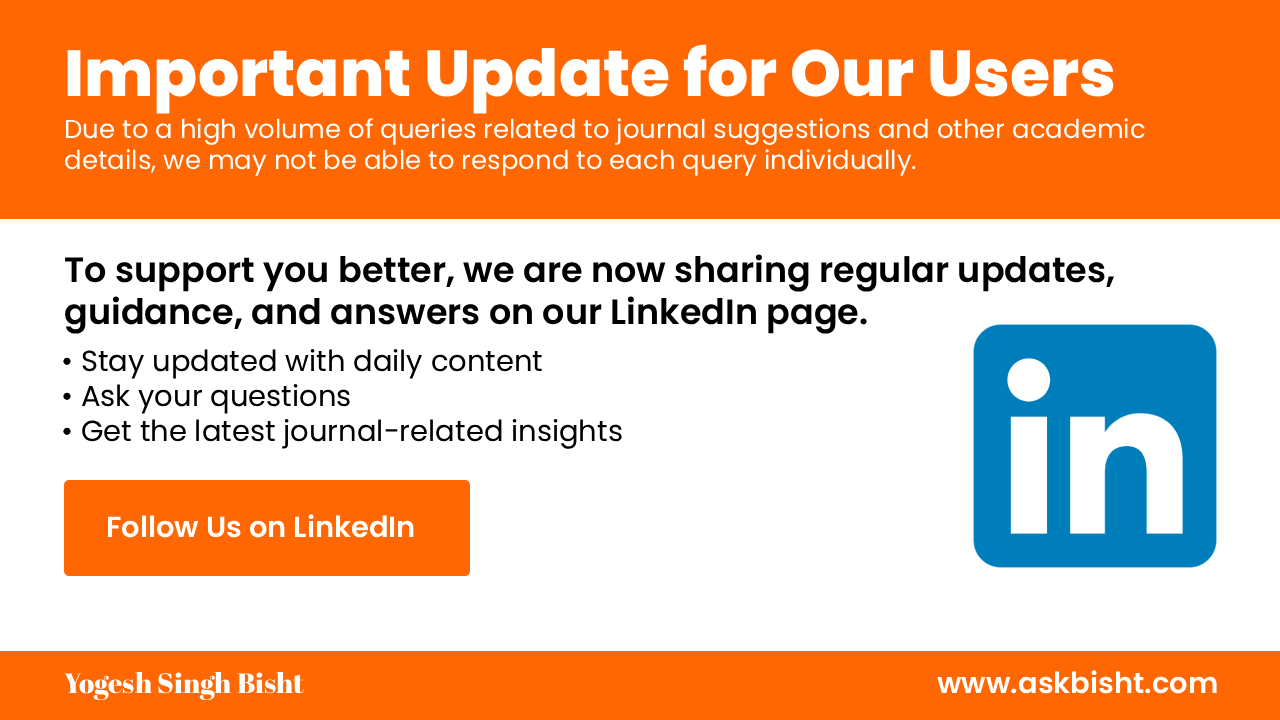Revista de Psicologia del Trabajo y de las Organizaciones
Published by Colegio Oficial de Psicologos de Madrid (Journal Finder)
ISSN : 1576-5962 eISSN : 2174-0534
Abbreviation : Rev. Psicol. Trab. Organ.
Aims & Scope
The Journal of Work and Organizational Psychology – JWOP – will mainly publish empirical research of interest for psychologists, and which represents a contribution to knowledge in all areas of which can be termed industrial, work and organizational psychology, human resource, organizational behavior, personnel psychology, as well as behavioral, cognitive and neuroscientific aspects of labor relations, ergonomics, and human factors.
Exceptionally, the JWOP will consider review articles or theoretical contributions.
The JWOP is a Spanish journal but does not wish itself to limit to Spanish contributions or Spanish-language contributors, wishing to have an international authorship.
The JWOP will mainly publish free unpublished original contributions but occasionally will also publish contributions requested from prestigious authors and special issues, although all contributions will undergo an external and anonymous peer review process.
Authors should not submit manuscripts simultaneously to multiple journals.
Not pretending to be exhaustive, topics covered by the JWOP decision making, personnel ion, training, leadership, organizational change, organizational culture and climate, motivation, teamwork, occupational health, stress, job satisfaction, job performance, compensation, retirement and turnover, conflict and negotiation, work attitudes, work-family conciliation, economic utility, cross-cultural studies, methodological studies, manuscripts which develop new paradigms, models and theories, as well as articles dealing with the relationships between Work and Organizational Psychology and other disciplines such as Social Psychology and Cognitive Psychology.
Authors are not charged any fees or charges for manuscript processing and/or publishing in the journal.
View Aims & ScopeMetrics & Ranking
Impact Factor
| Year | Value |
|---|---|
| 2025 | 2.1 |
| 2024 | 2.40 |
SJR (SCImago Journal Rank)
| Year | Value |
|---|---|
| 2024 | 0.757 |
Quartile
| Year | Value |
|---|---|
| 2024 | Q2 |
h-index
| Year | Value |
|---|---|
| 2024 | 33 |
Journal Rank
| Year | Value |
|---|---|
| 2024 | 7304 |
Journal Citation Indicator
| Year | Value |
|---|---|
| 2024 | 186 |
Impact Factor Trend
Abstracting & Indexing
Journal is indexed in leading academic databases, ensuring global visibility and accessibility of our peer-reviewed research.
Subjects & Keywords
Journal’s research areas, covering key disciplines and specialized sub-topics in Business, Management and Accounting and Psychology, designed to support cutting-edge academic discovery.
Licensing & Copyright
This journal operates under an Open Access model. Articles are freely accessible to the public immediately upon publication. The content is licensed under a Creative Commons Attribution 4.0 International License (CC BY 4.0), allowing users to share and adapt the work with proper attribution.
Copyright remains with the author(s), and no permission is required for non-commercial use, provided the original source is cited.
Policy Links
This section provides access to essential policy documents, guidelines, and resources related to the journal’s publication and submission processes.
APC Details
The journal’s Article Processing Charge (APC) policies support open access publishing in Business, Management and Accounting and Psychology, ensuring accessibility and quality in research dissemination.
This journal does not charge a mandatory Article Processing Charge (APC). However, optional open access publication may incur fees based on the publisher’s policies.
Explore journals without APCs for alternative publishing options.
Most Cited Articles
The Most Cited Articles section features the journal's most impactful research, based on citation counts. These articles have been referenced frequently by other researchers, indicating their significant contribution to their respective fields.
-
Assessing Job Performance Using Brief Self-report Scales: The Case of the Individual Work Performance Questionnaire
Citation: 109
Authors: Pedro J., Juan R., Elena, Linda
-
Effects of emotional intelligence on entrepreneurial intention and self-efficacy
Citation: 84
Authors: Roxana Andreea, Pilar, Carla, M. Consuelo
-
Work stress and turnover intentions among hospital physicians: The mediating role of burnout and work satisfaction
Citation: 81
Authors: Aharon, Edna, Ruth, Alexander
-
Personal factors of creativity: A second order meta-analysis
Citation: 79
Authors: Silvia, DarÃo, Flor, Maite, Sonia
-
Authentic leadership and organizational culture as drivers of employees’ job satisfaction
Citation: 78
Authors: Garazi, Juan Antonio, Fernando
-
Do job resources affect work engagement via psychological empowerment? A mediation analysis
Citation: 68
Authors: Marcela, Anja Van, Hans
-
Moderated Mediation between Work Life Balance and Employee Job Performance: The Role of Psychological Wellbeing and Satisfaction with Coworkers
Citation: 66
Authors: Sajid, Shaista, Jamil
-
Relationships between counterproductive work behavior, perceived justice and climate, occupational status, and leader-member exchange
Citation: 65
Authors: Lily, Aharon
-
Moderator effects of job complexity on the validity of forced-choice personality inventories for predicting job performance
Citation: 65
Authors: Jesús F.
